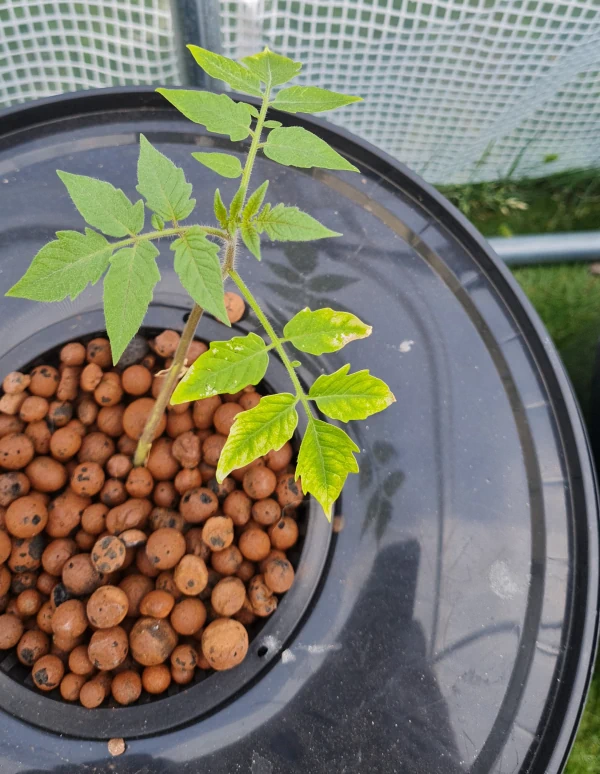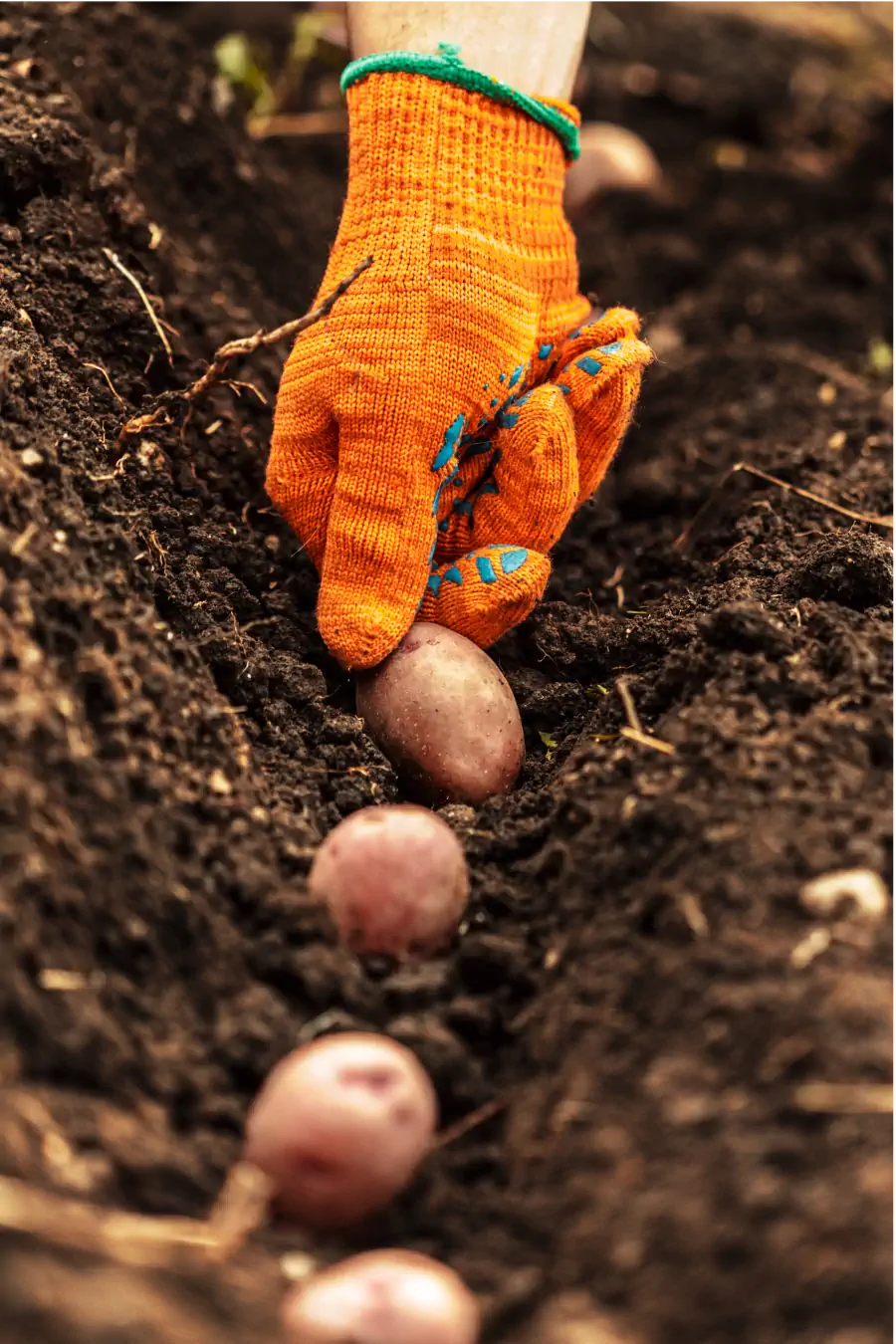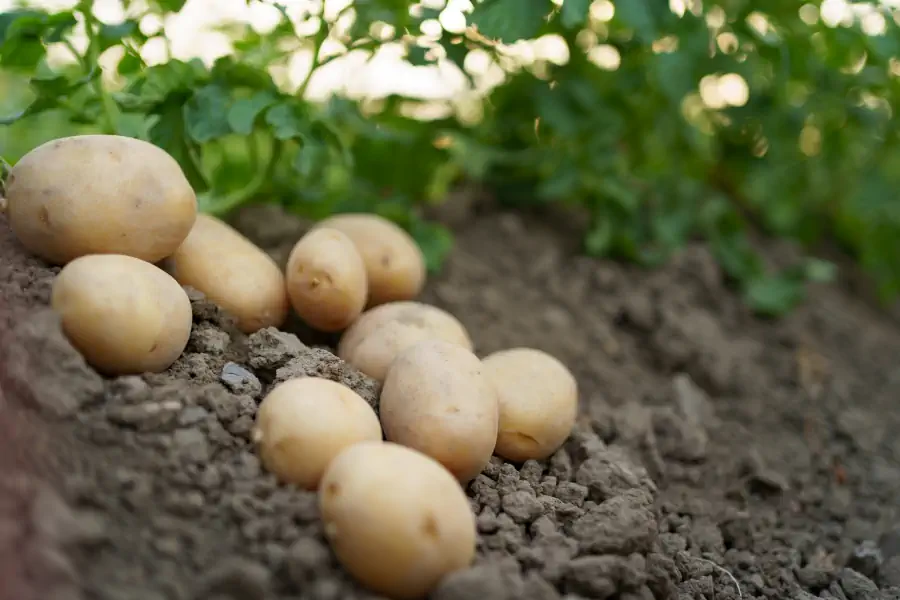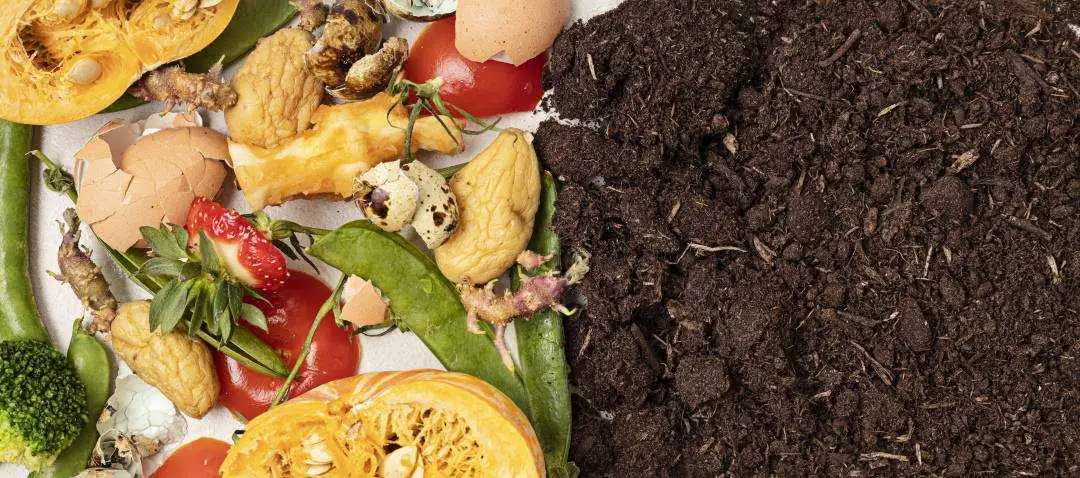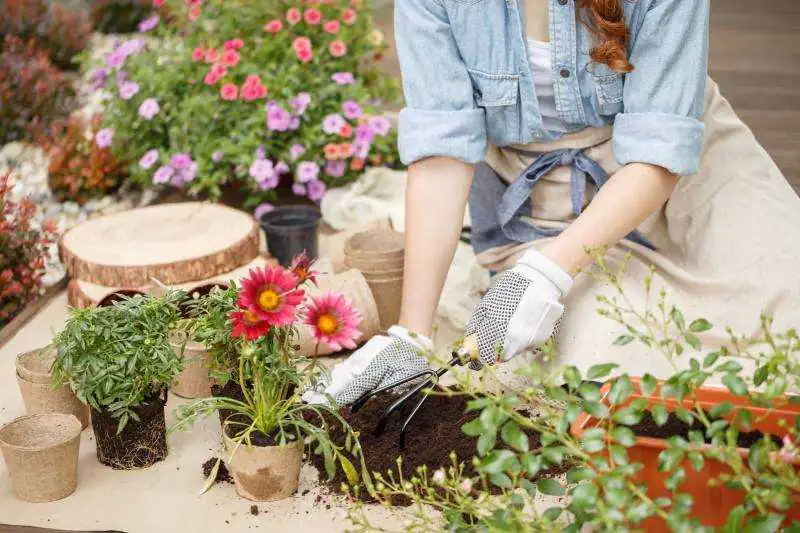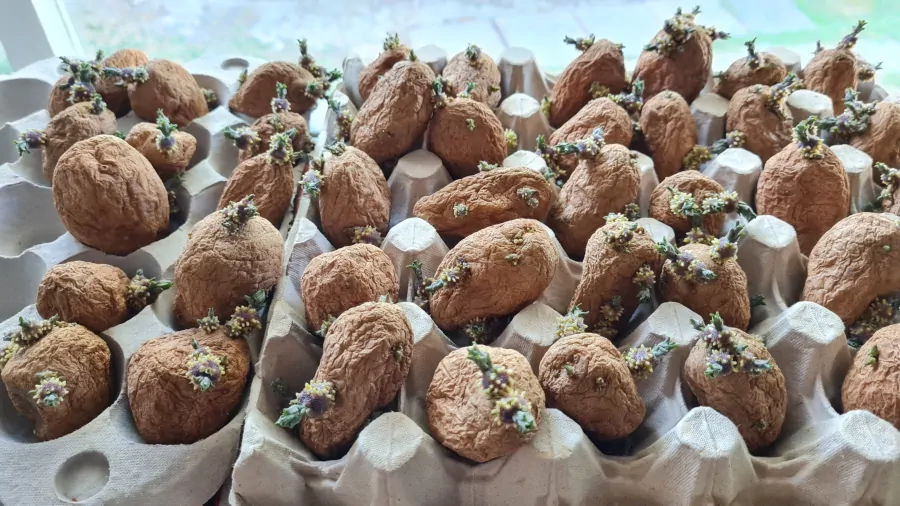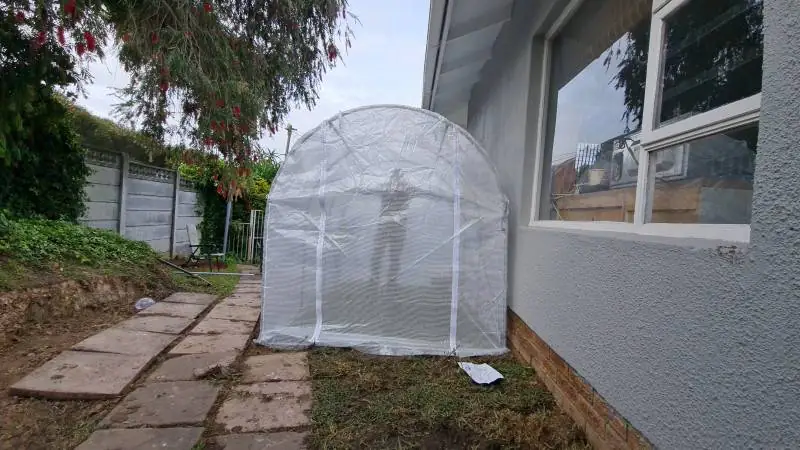Today we are going to look at how to grow tomatoes from seed? We recently setup our very own greenhouse and one of the first things we planted was tomatoes! We used a hydroponic approach but everything in this article still holds true for growing tomatoes in the soil.
Let’s look at the process of starting tomato plants from seeds.
Then how to nurture them until they mature and harvesting ripe tomatoes. This technique is becoming increasingly popular among home gardeners, as it allows for greater control over the quality of the plants and the fruit they produce.
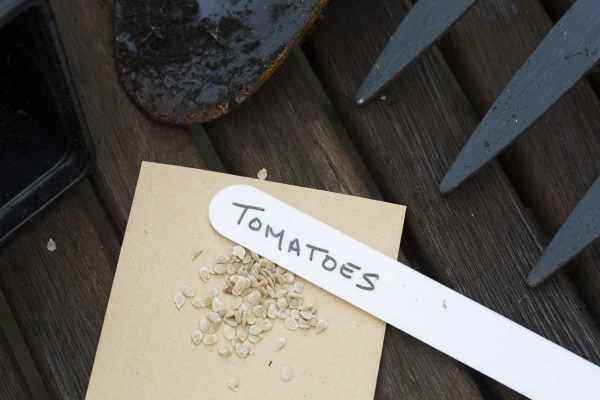
Selecting Tomato Seeds
Before we start learning how to grow tomatoes from seed, we need to know what seeds we be choosing.
Choosing the right tomato seeds is really important for a successful harvest. When choosing seeds, consider your growing zone, what you will grow them in soil/hydroponics, and the tomatoes will be used for.
Also, think about choosing one of the popular heirloom tomato varieties. They have been cultivated for their unique flavors and appearances over many generations. Heirloom tomatoes are a great option for home gardeners who want to grow their own flavorful and unusual varieties of tomatoes. There are many sources for buying tomato seeds, including local garden centers, online seed catalogs, and seed exchanges.
So a bit of research about what tomatoes varieties thrive in your area go out and get some seeds.
You can even grow tomato seedlings from your store bought tomatoes!
By choosing easy to grow tomato seeds, you have already set yourself up for success and will be growing tomatoes in no-time!
Have a look at Bonnie Plant’s Tomato Chooser to see what type of tomatoes there are. We like this website and the great descriptions they added. This is really a great place to do research on what tomato plant will thrive in your garden.
We chose Roma tomatoes as they fit our needs best. They are fairly easy to grow in our climate and will continue to give us tomatoes until our growing season ends!
Preparing for Planting
For soil planting
Before planting your tomato seeds, it’s important to prepare the soil and choose the right time to plant. The best time to plant tomato seeds varies depending on your climate and location. In general, tomato seeds should be planted indoors 6-8 weeks before the last expected frost date in your area. If you live in a warmer climate, you may be able to plant tomato seeds directly in the ground after the last frost date.
To prepare the soil for planting, start by removing any rocks or debris from the planting area. Then, amend the soil with compost or other organic matter to improve drainage and add nutrients. If you’re starting your tomato seeds indoors, you’ll need some basic supplies, including seed trays, potting soil, and grow lights.
To start tomato seeds indoors, fill seed trays with potting soil and plant one or two seeds in each cell. Water the seeds and cover the tray with a clear plastic lid or plastic wrap. Place the tray under grow lights or in a sunny window and keep the soil moist until the seeds germinate.
For Kratky Bucket
We planted our tomato seedlings into leca pebbles. We chose this route because we weren’t sure that the position of the greenhouse was correct and wanted to be able to move the plants without too much impact. Luckily it turned out well and the tomatoes are thriving now!
You can read more about the Kratky buckets and that setup here.
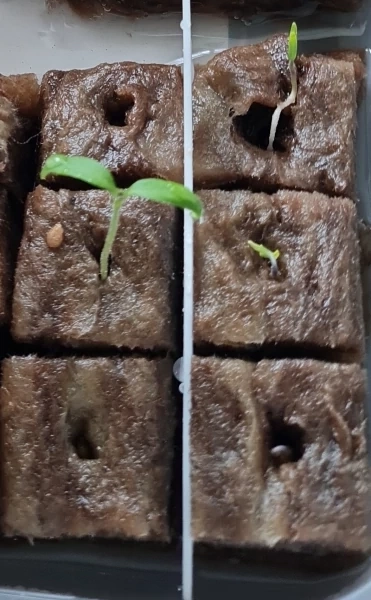
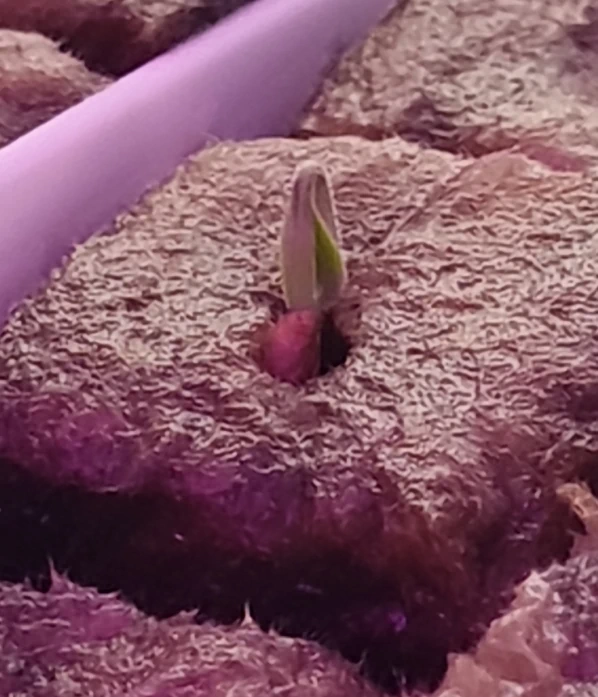
Germinating Tomato Seeds
Germinating the tomato seeds was more involved than we initially thought. The seeds took longer to sprout than we expected and we did a lot of research to try and understand why. Here is what we learned.
First, you need to understand how the tomato seeds germination works. There are two things you need to get right for the seeds to start germinating. Moisture and high enough temprature.
It turns out that we started germinating our tomatoes a bit early, when the temperatures were not quite high enough. We fixed that by putting some gladwrap over the container and putting the container in the sun. In the evening we put a grow light on it, any heat source will do. We know of some people using ordinary light bulbs and even heat pads to germinate their tomato seeds a bit earlier.
Tips for germinating tomato seeds:
- To provide the best moisture and temperature:
Tomato seeds need to be kept moist but not soaked. The soil should be moist but not waterlogged. To keep the soil moist, cover the seed tray or container with plastic wrap until the seeds start to sprout. The ideal temperature for germinating tomato seeds is between 70-80°F or 21-27°C. - Germinating tomato seeds in paper towel:
If you want to ensure that your tomato seeds will germinate before planting them in soil, you can germinate them in a paper towel.
Wet a paper towel and place the seeds inside.
Then fold the towel over and place it in a plastic bag.
Keep the bag in a warm place until the seeds start to sprout, then plant them in soil.
By following these tips, you can successfully germinate tomato seeds and start growing your own tomatoes from seed. In the next section, we’ll explore how to care for tomato seedlings.
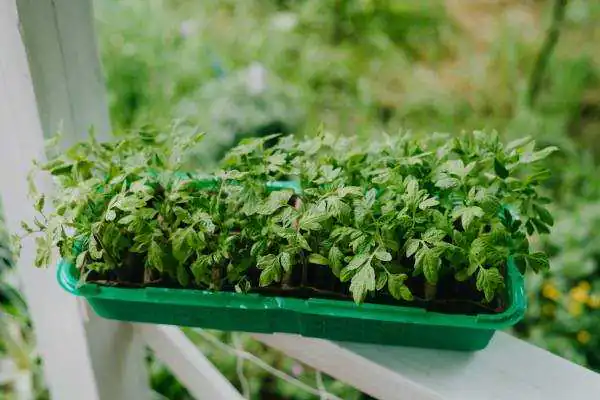
Planting Tomato Seeds
a Big part of learning how to grow tomatoes from seed is understanding the planting process.
Once your tomato seedlings have emerged and grown to a suitable size, it’s time to plant them in the ground. You can either sow seeds directly in the ground or transplant seedlings from your indoor trays. When planting tomato seeds, it’s important to choose a sunny spot with well-drained soil.
To transplant seedlings, dig a hole slightly larger than the root ball of each seedling and place it in the hole. Cover the roots with soil and water well.
To ensure the best chance of success when planting tomato seeds, follow best practices such as keeping the soil moist and warm, and using fertilizer sparingly.
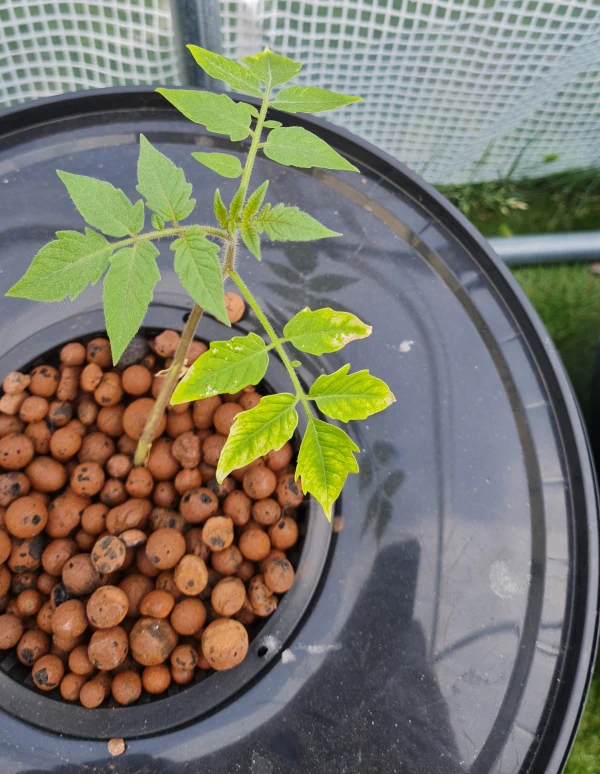
Caring for Tomato Seedlings
Once your tomato seeds have germinated and sprouted, it’s important to properly care for the seedlings. Here are some tips for caring for tomato seedlings:
A. Watering tomato seedlings:
Tomato seedlings need to be watered regularly, but not over-watered. The soil should be kept moist but not waterlogged. Water the seedlings from the bottom to avoid wetting the leaves, which can lead to disease.
B. Fertilizer for tomato seedlings:
Tomato seedlings need to be fertilized regularly to ensure healthy growth. Use a balanced fertilizer, such as 10-10-10, and apply it every two weeks.
C. Pruning tomato seedlings:
As tomato seedlings grow, it’s important to prune them to encourage strong stems and healthy growth. Pinch off any side shoots that grow between the stem and the main branches.
D. Companion plants for tomato plants:
Planting companion plants alongside your tomato plants can help repel pests and promote healthy growth. Some good companion plants for tomato plants include basil, marigolds, and onions.
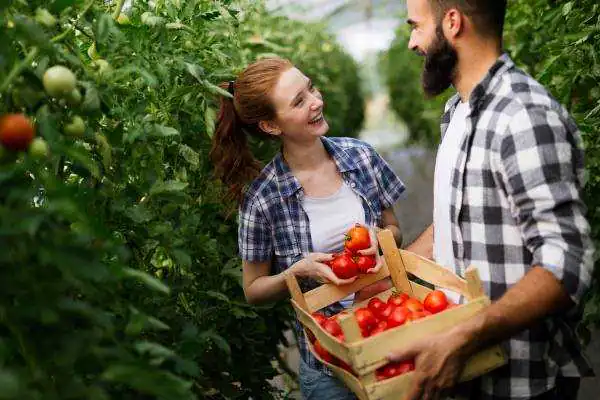
Growing and Harvesting Tomatoes
After your tomato seedlings have grown into mature plants, it’s time to start growing and harvesting tomatoes. Here are some best practices for growing tomato plants:
A. Best practices for growing tomato plants:
Tomato plants need plenty of sunlight, well-draining soil, and consistent watering. Make sure to stake or cage the plants to support their growth, as well as removing any suckers that grow between the main stem and branches.
B. Watering tomato plants:
If you do not constantly water the plants, the plant will dry out quickly. Then the next time you water them, the plant will pull as much water as it can and push them into the tomatoes. This can lead to tearing or cracking in the tomato skins. This give bacteria room to grow and the tomato can go rotten. So make sure your tomato plants are constantly watered.
B. Common tomato plant problems and solutions:
Tomato plants are susceptible to a number of pests and diseases. Common problems include blossom end rot, tomato hornworms, and fungal diseases. Identify and treat problems as soon as possible to ensure a healthy harvest.
C. Harvesting ripe tomatoes:
Once your tomatoes are ripe, pick them off the vine gently to avoid bruising. Store them in a cool, dry place or use them immediately in your favorite tomato recipes.
By following these tips, you can successfully grow and harvest delicious, home-grown tomatoes.
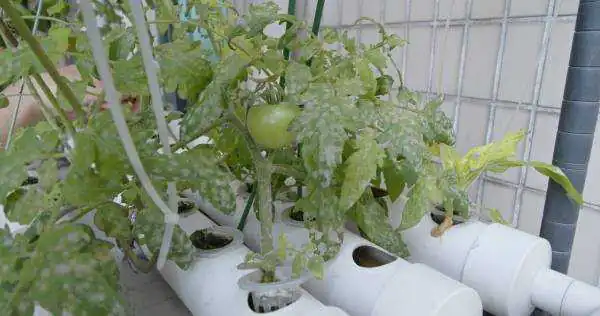
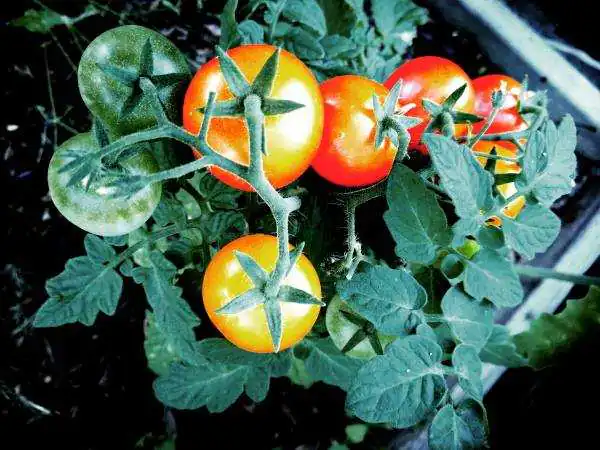
Conclusion – How to grow tomatoes from seed
Now that you know how to grow tomatoes from seed can be a rewarding and fulfilling experience. By following the proper planning, preparation, and care techniques, you can enjoy a bountiful harvest of delicious tomatoes.
Here’s a summary of the key points covered in this article:
- Select the right tomato seeds, taking into account factors like climate, taste preferences, and growth habits.
- Prepare your soil and start your tomato seeds indoors to give them the best chance at healthy growth.
- Germinate your tomato seeds by providing moisture and temperature, and consider using the paper towel method for best results.
- Care for your tomato seedlings with regular watering, fertilizer, pruning, and companion planting.
- Practice best practices for growing tomato plants, including staking or caging, removing suckers, and identifying and treating common problems.
Go out and start growing tomatoes from seed! It is really fun and we are sure you will enjoy the journey. Not to mention your own delicious home-grown tomatoes.
We would love to hear how your journey went and if you have anything you would like to share!
Comment or reach out to us on social media to share your tomato growing story!

